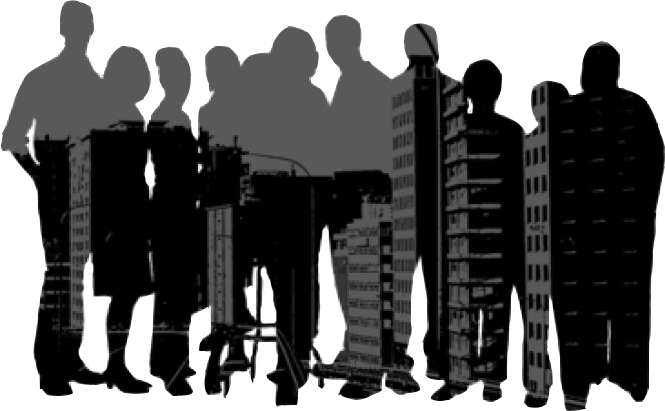“All those people, each and every day, who are out there struggling to get their little piece of the American Dream–how do we make sure that we’re doing right by them?” – President Barack Obama, announcing the White House Council on Strong Cities, Strong Communities, March 2012
“The promise of fellowships exists in: durability, integration, and cultural shifts.” – Tom Burns, Urban Ventures Group, quoted by Arto Woodley on Twitter
Our cities confront myriad challenges, from blight and fiscal instability to affordable housing and access to quality education. Cities need a consistent supply of talented people who can devise new approaches to address complex public problems.
Urban fellowship programs can fill this gap as the incubators for a new generation of change agents. Armed with a strong support network, urban fellows can bring “fresh eyes” to modernize city systems while infusing a “can do” attitude within traditional organizational cultures. Urban fellows can provide often-overwhelmed public and nonprofit organizations with different types of short- and long-term capacity.
For a Storifyed collection of responses to the Urban Fellows Symposium, held November 6-7, 2014 at The Urban Institute, click here.
In November 2014, a group of seasoned program managers and former fellows from four programs came together in Washington, DC to examine and identify the potential of urban fellowship programs to enhance cities and improve city residents’ lives. Three significant promises emerged from our discussion:
- Transforming Organizations and Municipal Systems: Many urban fellows find themselves working within local government agencies or community-based organizations that have few resources and limited capacity to design, launch, and implement existing or new initiatives. Fellows are often tasked to change outdated, sometimes dysfunctional procedures and policies, working against the inertia of organizations set in their ways. Fellows can tap into a reservoir of innovative ideas tested in other communities from their networks of current and former fellows and fellowship program leaders.
- Cultivating a New Generation of Urban Leaders: Perhaps the most enduring legacy of urban fellowship is their unique position to serve as a springboard for new urban leaders. At a time when certain interest groups attack the pivotal role of our cities and our longstanding values of public and community services, fellowships fulfill a critical niche for a diverse (and hopefully expanding) cadre of early to mid-career professionals with strong commitments to public service and urban problem solving. The urban fellows’ experience, if done right, can leave lasting impressions on the fellows themselves as they chart a future career in public and community service.
- Complementing Place-Based Urban Policies and Programs: A core theme from the emerging conversations on place-based urban policy is the need for tailoring and targeting programs and resources to match the special conditions and circumstances confronting a range of public problems in diverse types of cities and neighborhoods. As we found out through SC2 and Detroit Revitalization Fellowship, urban fellows are working on the frontlines of place-based urban policy as they test new ways of leveraging resources and expertise and help develop, expand and in some cases rebuild different types of capacity within public and nonprofit organizations. Moving forward, federal and state policy makers, as well as philanthropic leaders, should include urban fellows as a core element of public and nonprofit strategies to help revitalize neighborhoods and regenerate cities.
Urban fellowship programs are an emerging model for connecting dedicated people to cities that need them most. This site explores how to define, support, and improve urban fellowships so they can contribute to making cities more vibrant and resilient.
What is the promise of urban fellowships? We have some answers. We’re seeking more. And we invite you to take part.
View video intervews with key participants:
Guy Williams, employer, Detroit Revitalization Fellows
Erika Poethig, SC2 program designer
Bernice Butler, former Capital City fellow and SC2 fellow
